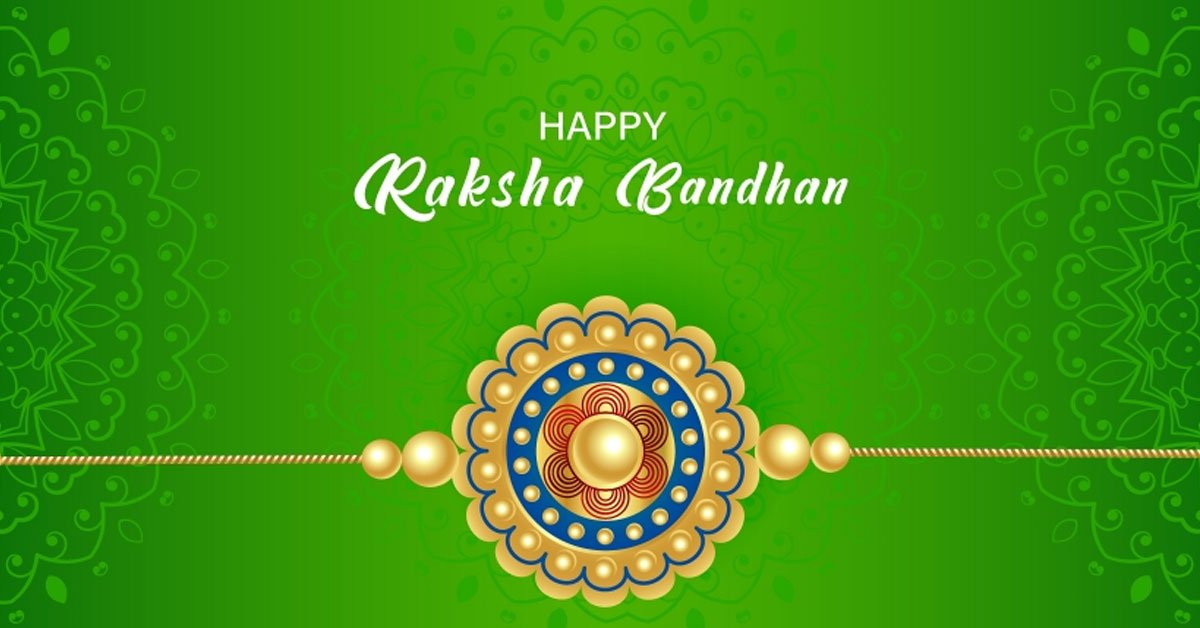Rakshabandhan or the bond of protection is a festival that celebrates the selfless and pure relationship between a brother and a sister. Though the festival is celebrated all over India, it is in northern states that Rakshabandhan is one of the main festivals in the annual calendar.
Rakshabandhan is observed in the Hindu month of Sravan, on the full moon day, which usually falls in the month of August or September. The sister ties a rakhi on the wrist of her brother and in return the brother pledges to protect his sister all his life. Rakhi is a thread, usually a silken thread, with an adornment in the centre. Today, rakhis come in different designs, many reflecting the taste of today’s children. So, there are Ganesha rakhis, superman rakhis and so on. There are some who even prefer gold or silver bracelets as rakhis.
The Ritual
Early morning, sisters and brothers dress up in new clothes. The sister prepares an ‘aarti’ or a plate in which a lit diya or lamp, sweet, rakhi, haldi-kumkum, raw rice and flowers are kept. She first adorns the brother’s forehead with a tilak, then ties the rakhi on his wrist, showers him with rice and flowers and circulates the plate around his face thrice, simultaneously reciting a prayer, for the brother’s well-being and happiness. In return, the brother gives her a gift and a promise to be by her side to protect and cherish her.
Legends associated with rakhi
There are many mythological stories associated with rakhi, which prove that rakshabandhan has been celebrated in India since ancient times. One famous historical story is of Rani Karnavati of Chittor in Rajasthan and Emperor Humayun of Mughal dynasty. It is said that when the Chittor kingdom was to be attacked by Bahadur Shah, the widowed Rani sent a rakhi to Emperor Humayun seeking help. The emperor was touched by the gesture and he set off to defend his sister but he reached late and the fort was captured by Shah and the Rani and other women had committed suicide. Still, Humayun to keep his word and as a respect to the rakhi, fought with Bahadur Shah and recaptured the fort.
There is also a story that the wife of Alexander the Great sent a rakhi to King Puru and requested him not to harm her husband in the battle, which Puru agreed to. Such was the emotional bond that rakhi created.
Today, the festival has been influenced by modern lifestyle, yet, it brings together families and communities together to celebrate harmony, trust and brotherhood.

